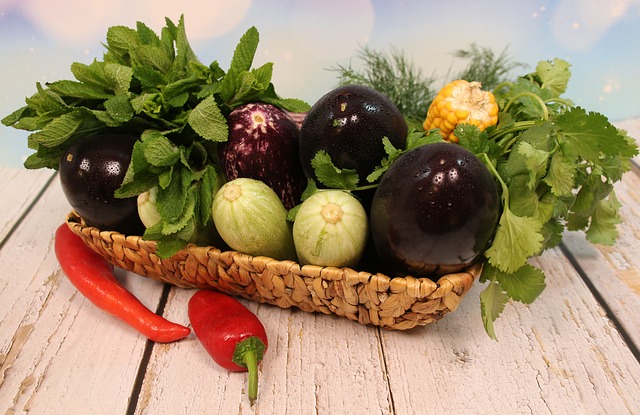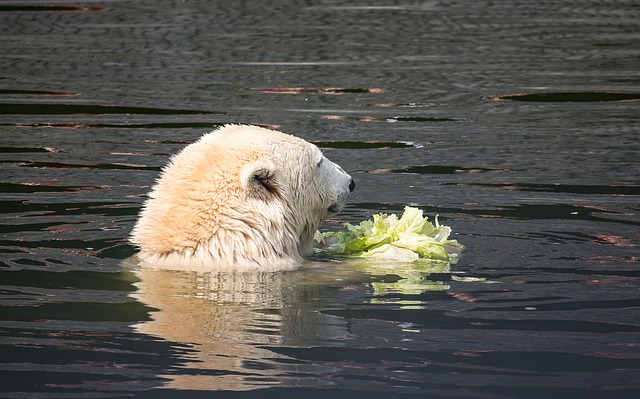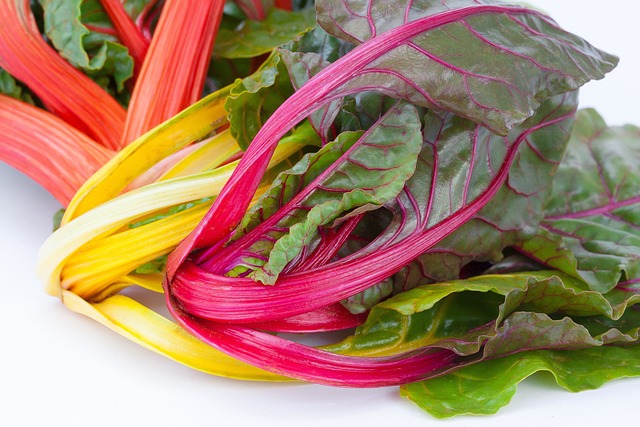bicho do mofo 🏐 Bicho do Mofo: A Promising Ally in Sustainable Agriculture

Bicho do Mofo: A Promising Ally in Sustainable Agriculture
In the ongoing quest for sustainable agricultural practices, the bicho do mofo, or the mold bug, emerges as a surprisingly promising ally. This small insect, often overlooked in discussions surrounding pest management and crop production, possesses unique characteristics that could revolutionize the way we approach agriculture and environmental sustainability. As the world grapples with climate change, resource depletion, and the need for increased food security, understanding and harnessing the potential of the bicho do mofo could pave the way for innovative solutions.bicho do mofo

The bicho do mofo, scientifically recognized as a member of the fungus gnat family, plays a crucial role in the ecosystem. It is primarily associated with decaying organic matter, where it thrives in environments rich in fungi. This relationship is vital, as it contributes to the breakdown of organic materials, enhancing soil fertility and promoting healthier plant growth. By facilitating nutrient cycling, the bicho do mofo plays a key role in maintaining the balance of agricultural ecosystems.bicho do mofo
One of the most compelling aspects of the bicho do mofo is its ability to manage fungal populations. In traditional agricultural practices, the overuse of chemical fungicides has led to various environmental issues, including soil degradation and the development of resistant fungal strains. In contrast, the bicho do mofo can act as a natural biocontrol agent, regulating fungal populations without the adverse effects associated with synthetic chemicals. By promoting this natural form of pest control, farmers can reduce their reliance on harmful substances, thereby fostering a healthier ecosystem.bicho do mofo

Moreover, the presence of bicho do mofo in agricultural settings can enhance the resilience of crops against diseases. Studies have shown that fields enriched with diverse insect populations, including the bicho do mofo, exhibit increased resistance to plant pathogens. This biodiversity not only contributes to healthier crops but also decreases the likelihood of crop failures due to disease outbreaks. Embracing the natural allies present in our ecosystems, such as the bicho do mofo, could significantly bolster food security in the face of climate change challenges.bicho do mofo
While the bicho do mofo primarily thrives in moist environments, its adaptability allows it to be found in various agricultural contexts, from traditional farms to modern greenhouse systems. This versatility makes it an attractive option for farmers looking to adopt sustainable practices without major overhauls to their existing systems. By fostering an environment conducive to the bicho do mofo, farmers can enhance their soil health, improve crop yields, and mitigate the risks associated with conventional pest management strategies.
Education and awareness are key components in harnessing the potential of the bicho do mofo in agriculture. Farmers, agricultural scientists, and policymakers must work together to disseminate information about the benefits of this insect and promote practices that encourage its presence in farming systems. Workshops, field demonstrations, and research initiatives focused on the bicho do mofo can empower farmers to adopt more sustainable practices while taking full advantage of the natural resources available to them.
The integration of bicho do mofo into sustainable agricultural practices also aligns with the global movement towards regenerative agriculture. This holistic approach emphasizes the importance of soil health, biodiversity, and ecosystem services in achieving long-term sustainability. By recognizing the role of the bicho do mofo as a natural ally, farmers can contribute to the larger goals of environmental stewardship, climate resilience, and sustainable food production.
In conclusion, the bicho do mofo stands as a beacon of hope in the pursuit of sustainable agriculture. Its unique characteristics and ecological role make it an invaluable ally in the fight against environmental degradation and food insecurity. By embracing this small yet mighty insect, farmers can foster healthier ecosystems, improve crop resilience, and move towards a more sustainable and prosperous agricultural future. As we continue to explore the potential of nature-based solutions, the bicho do mofo serves as a reminder that sometimes, the answers to our biggest challenges lie in the most unexpected places.bicho do mofo
Fale conosco. Envie dúvidas, críticas ou sugestões para a nossa equipe através dos contatos abaixo:
Telefone: 0086-10-8805-0795
Email: portuguese@9099.com


